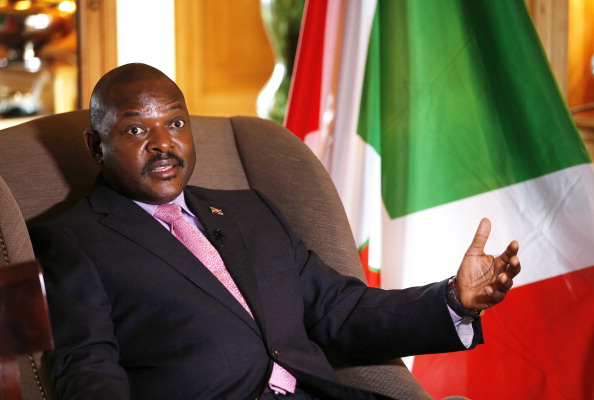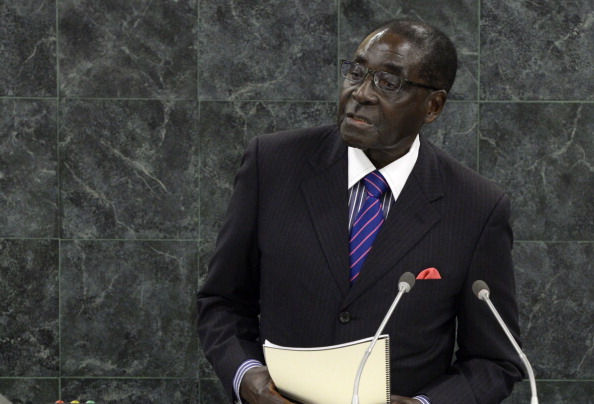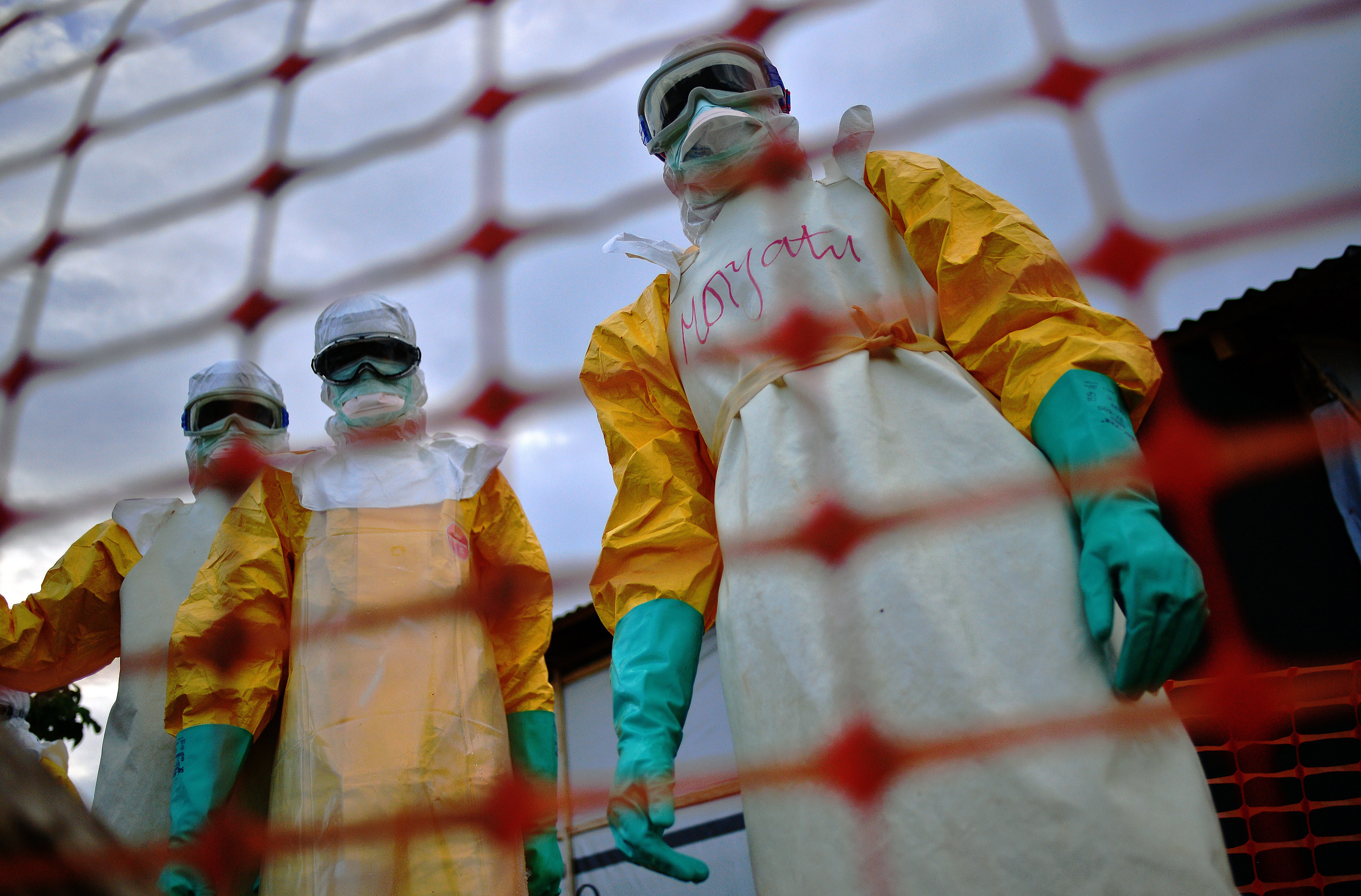
CARL DE SOUZA/AFP/Getty Images
By Solomon Sogbandi, Director of Amnesty International Sierra Leone.
Since the first cases of Ebola were reported in Mach, life in Sierra Leone has changed beyond recognition.
So far, the World Health Organization has confirmed more than 5,200 Ebola cases in Sierra Leone alone and more than 13,700 across the world. More than 4,500 people have died of the disease – 1,500 in my home country.
Friends abroad often ask me what life is like here at the moment.
I can only describe it as horrifying. SEE THE REST OF THIS POST

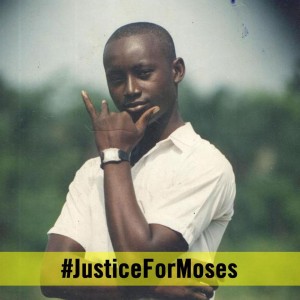
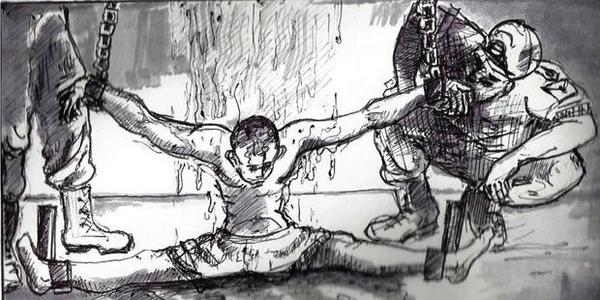 An encounter with the Nigerian security forces can be a dangerous thing.
An encounter with the Nigerian security forces can be a dangerous thing.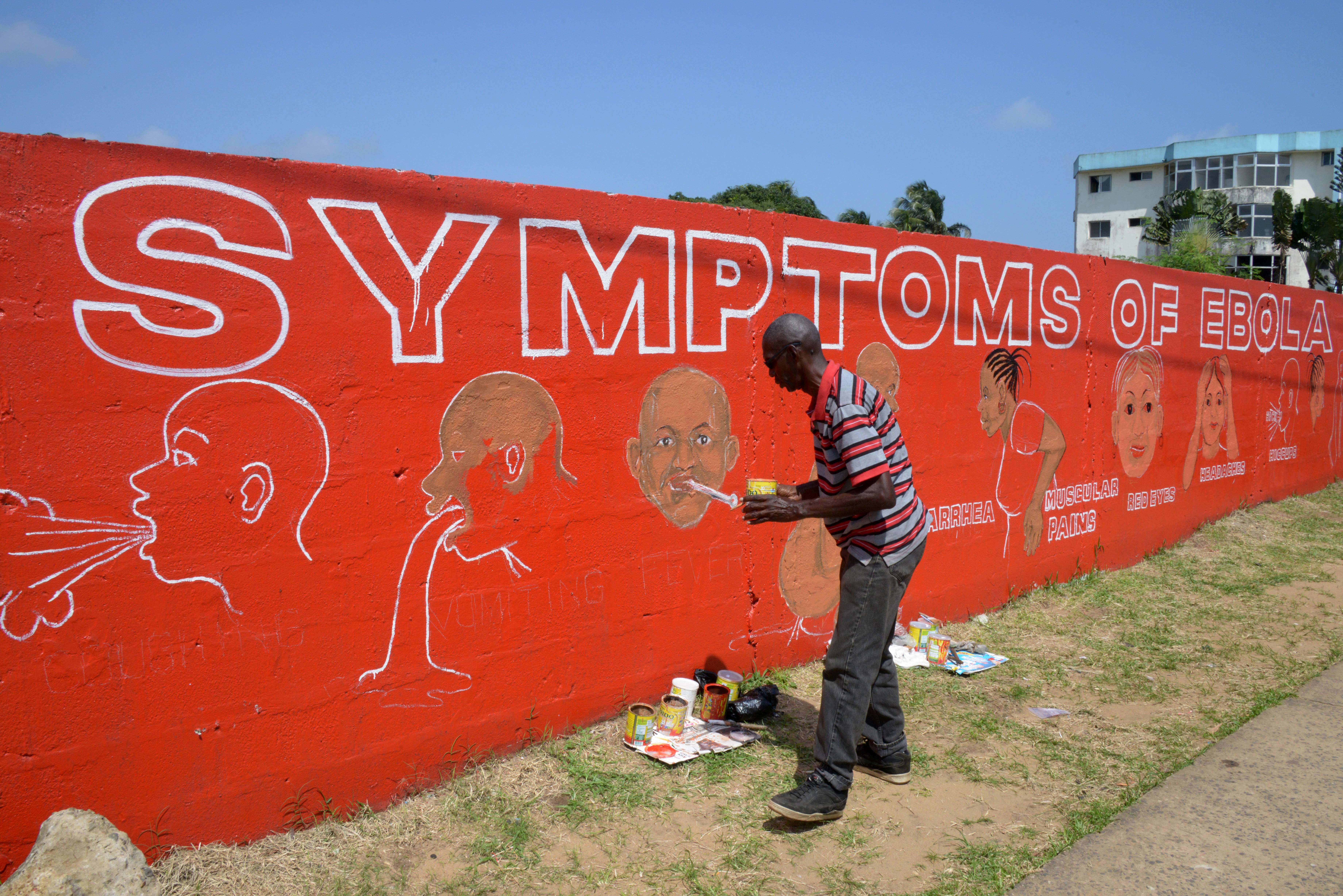
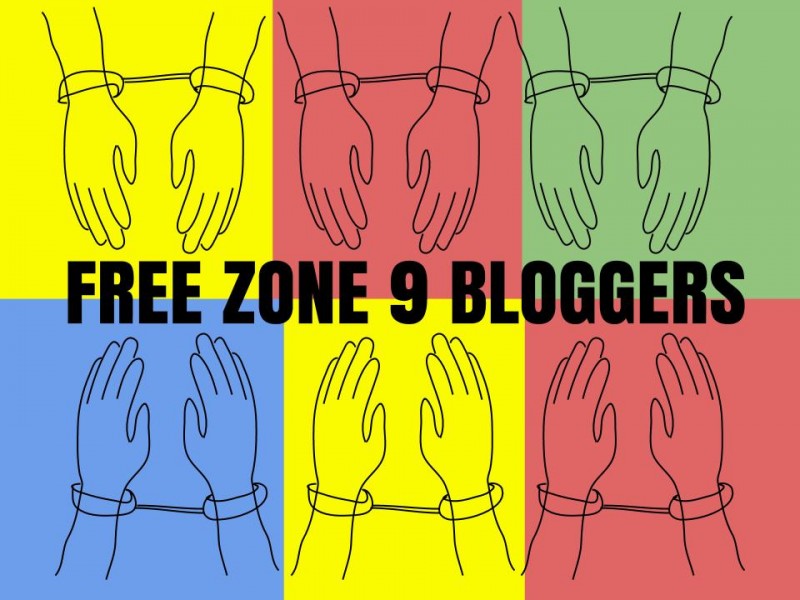
![James Foley once said he reported from the Middle East because, "We're not close enough to it. And if reporters, if we don't try to get really close to what these guys - men, women, American [soldiers] ... are experiencing, we don't understand the world" (Photo Credit: Jonathan Wiggs/The Boston Globe via Getty Images).](https://blog.amnestyusa.org/wp-content/uploads/2014/08/453861316.jpg)

